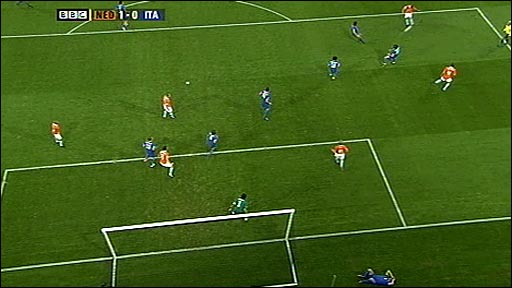
On Monday, June 16th of 2008 same-sex marriage became legal in the state of California due to a ruling by the Supreme Court of California. Since this site is crawling with human rights lawyers and such I will not embarrass myself by attempting detailed legal analysis of the 172 page ruling but I think the decision is worthy of comment. While the state of Massachusetts had already legalized same-sex marriages back in 2004, and Connecticut, Vermont, New Jersey, and New Hampshire all had civil union laws with equal benefits, this case was particularly significant for several reasons. California is the largest state in the nation and also possesses the highest population of same-sex couples (over 92,000 according to the 2000 census), the largest gay population at over 1.3 million, and the most famous “Gay village” in the world, San Francisco, which has a gay population as high as 15%.
Continue reading


 A while back, I had
A while back, I had 
 The Grand Chamber of the European Court of Human Rights has today rendered judgment in one of the most – technically and morally – difficult cases to have come before it recently. The case is
The Grand Chamber of the European Court of Human Rights has today rendered judgment in one of the most – technically and morally – difficult cases to have come before it recently. The case is 